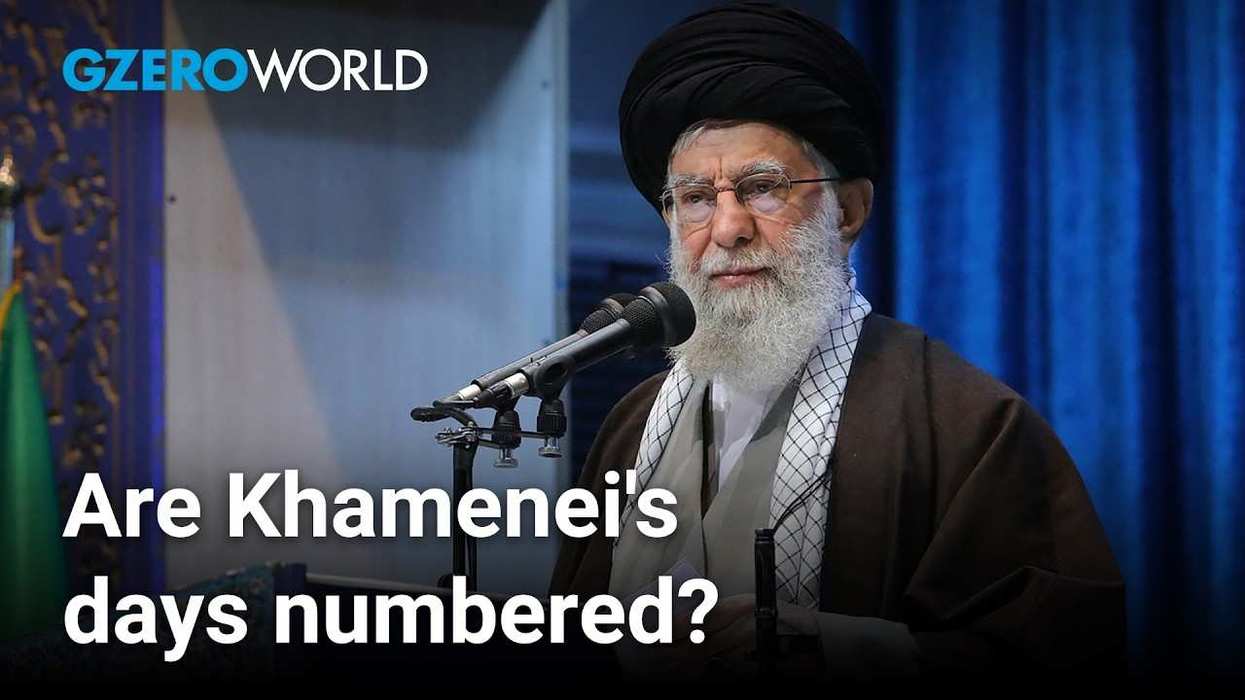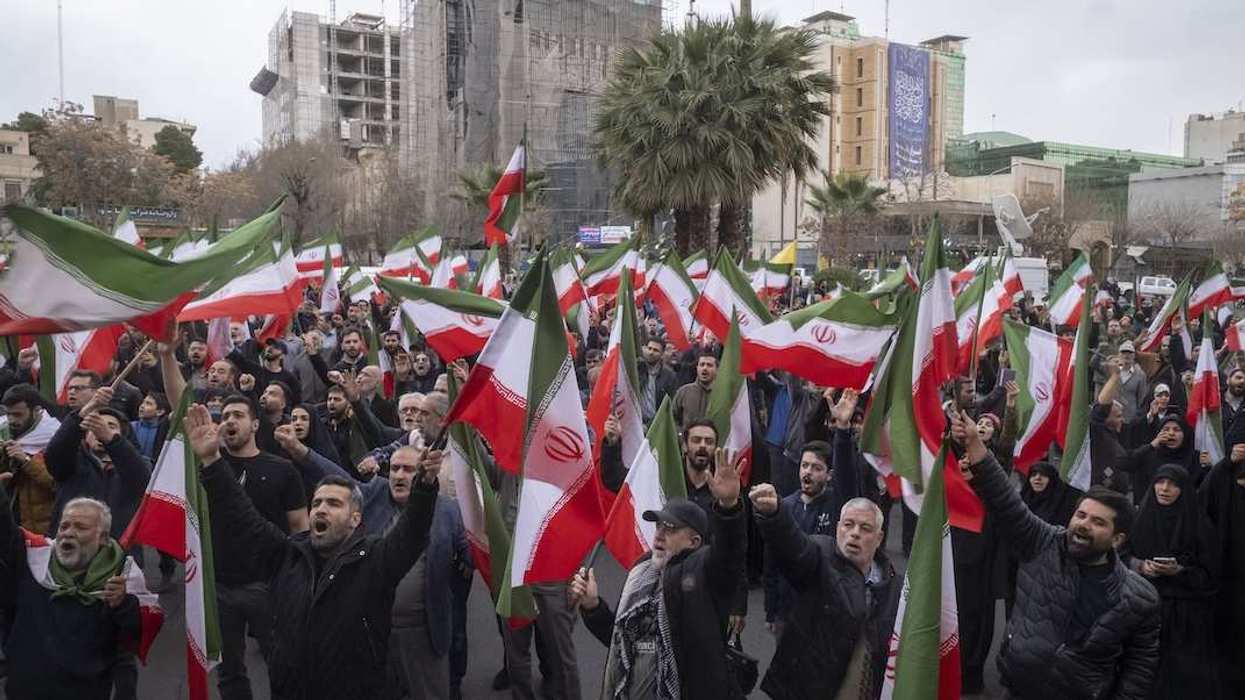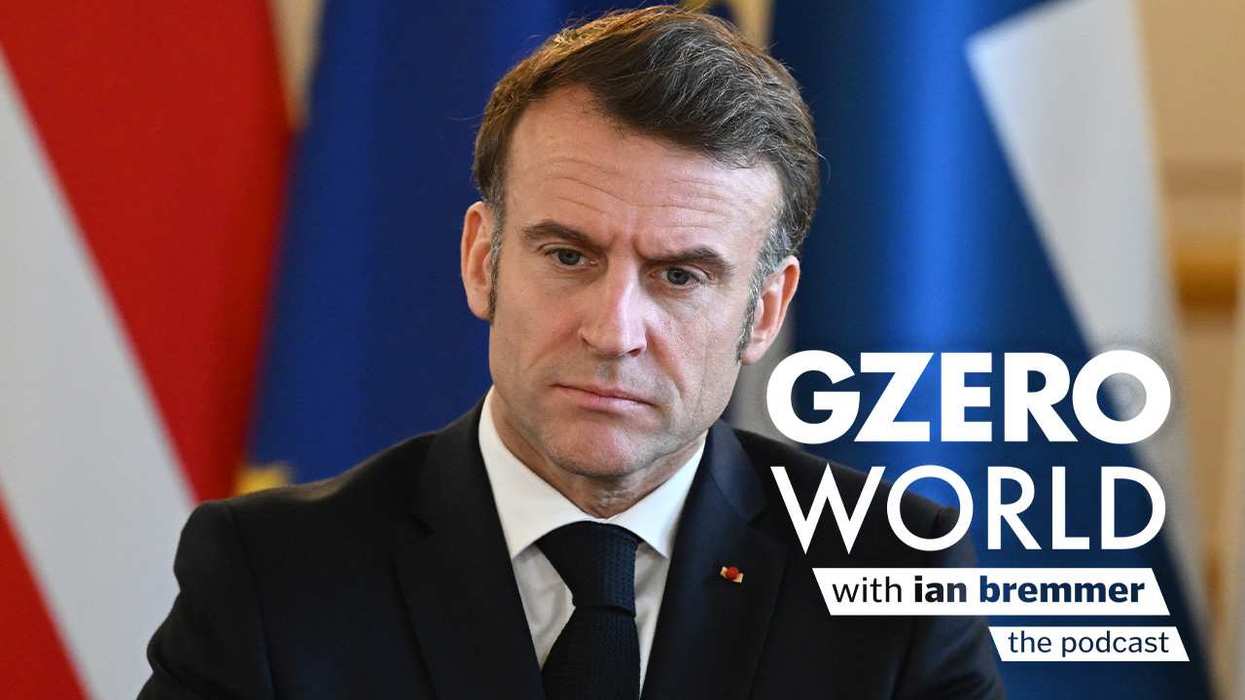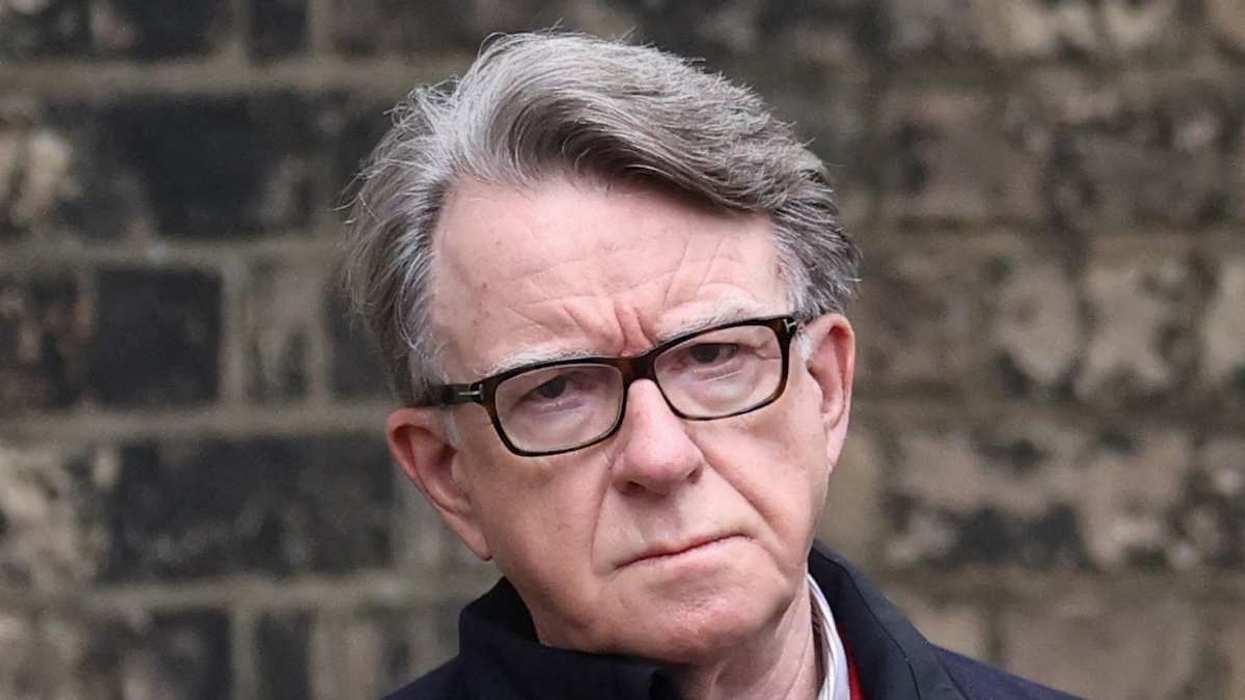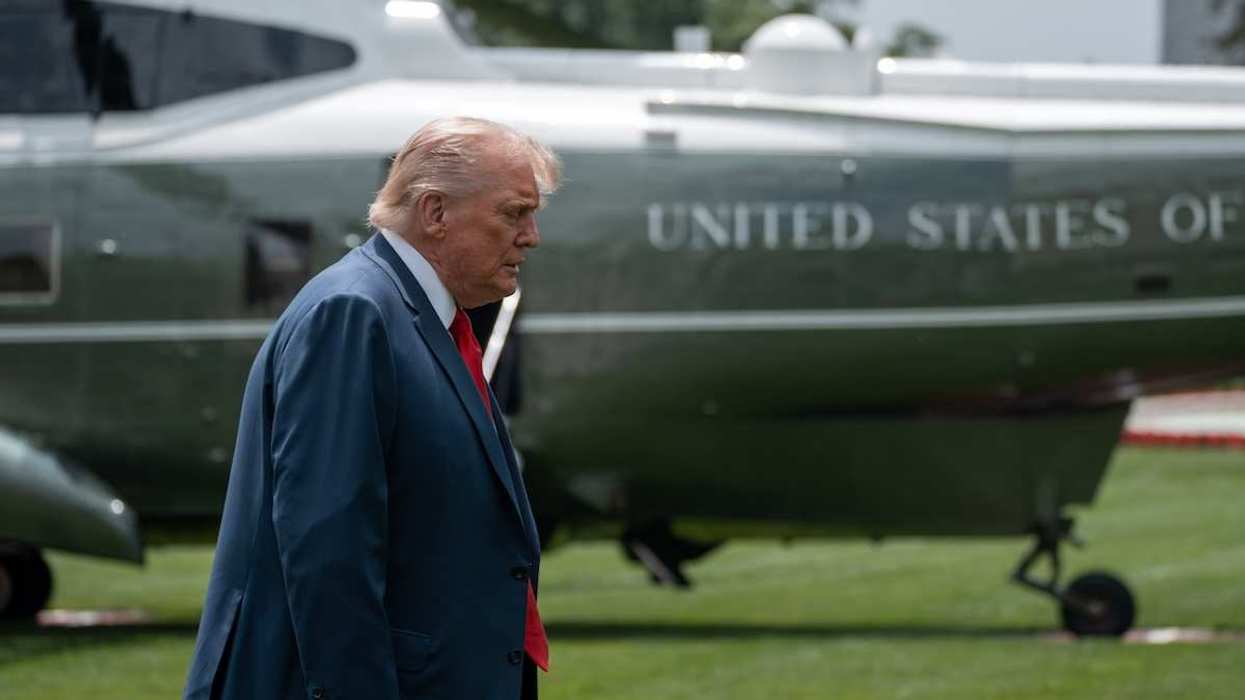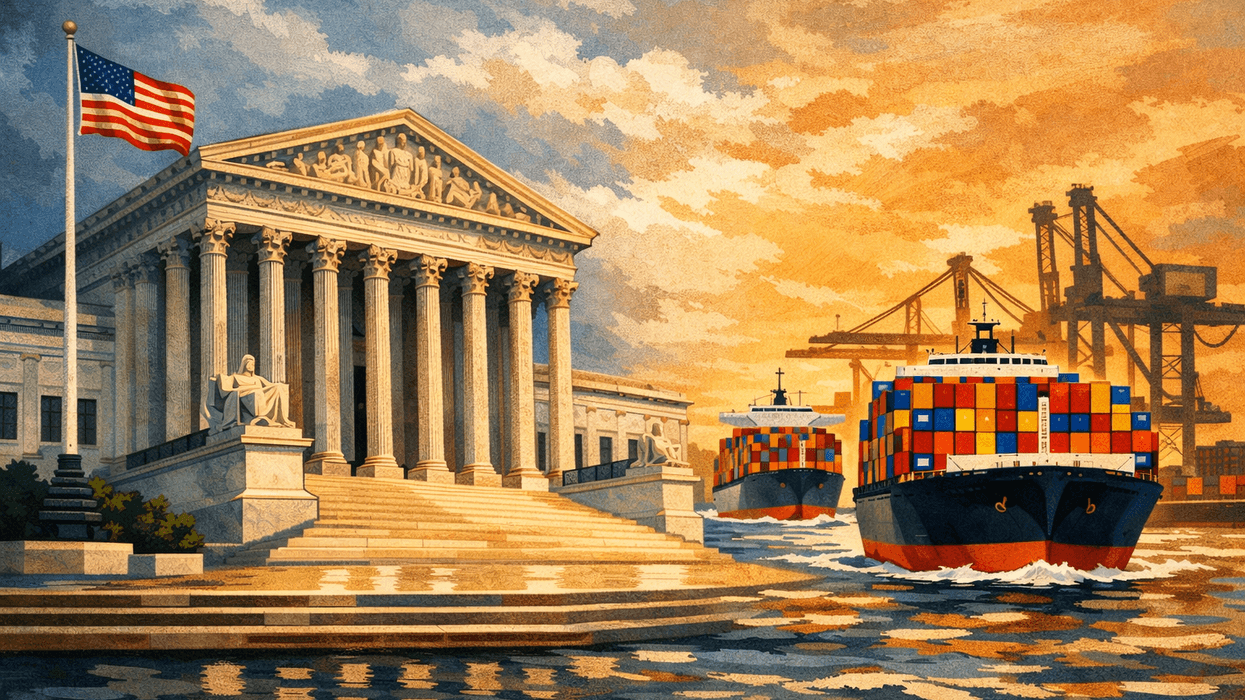Israeli Prime Minister Benjamin Netanyahu in recent weeks has repeatedly emphasized the need for Israel to retain control of the Philadelphi corridor. This has emerged as a major obstacle to a cease-fire agreement between Israel and Hamas. Here’s a breakdown of the corridor’s significance and the implications of Netanyahu’s stance.
What is the Philadelphi corridor? It is a narrow buffer zone — roughly 100 yards wide and 9 miles long — that runs along Gaza’s border with Egypt and includes the Rafah border crossing. The corridor was established via a landmark 1979 peace treaty between Israel and Egypt. Philadelphi is the Israeli code name for the area, while Egypt refers to it as Salah al-Din.
The Philadelphi corridor was under Israel’s control until 2005, when Israeli forces withdrew from Gaza. It then fell under the responsibility of the Palestinian Authority and Egypt — until Hamas took over Gaza in 2007.
As part of a May offensive, Israel seized control of the Philadelphi corridor and the Rafah crossing — moves that raised tensions between the Israeli and Egyptian governments.
As a vital route for aid into Gaza, the Rafah crossing is considered a “lifeline” for Gaza. Before May, it was the only Gaza border crossing not directly controlled by the Jewish state, which has imposed a blockade on the enclave — with Egypt’s support — starting in 2007. Since Oct. 7, it’s become even more difficult for aid to get into Gaza and for people to leave the enclave.
Why is Philadelphi so important to Netanyahu? The PM contends that Israel must maintain a presence in the corridor to prevent the area from being used by Hamas for arms smuggling. “Gaza must be demilitarized, and this can only happen if the Philadelphi corridor remains under firm control,” Netanyahu said Wednesday.
Though the focus on the corridor has intensified in recent days, particularly after the killing of six hostages in Gaza, Netanyahu signaled a desire for Israeli control of the Egypt-Gaza border as far back as late December. The corridor “must be in our hands,” Netanyahu said then.
What do other Israeli politicians say? Israeli Defense Minister Yoav Gallant and Israeli opposition leader Yair Lapid have both criticized Netanyahu’s stance on the Philadelphi corridor.
“It is too late for the hostages who were murdered in cold blood. The hostages who remain in Hamas captivity must be returned home,” Gallant said in a tweet on Sunday that also called for the security cabinet to reverse a decision to keep Israeli forces in the corridor. Lapid decried Netanyahu’s position as “baseless political spin” that’s “disconnected from reality.”
Top rival Benny Gantz, along with other critics, have accused Netanyahu of prioritizing his political survival over the country’s best interests. The far-right flank of Netanyahu’s coalition has threatened to collapse the government if a truce is reached with Hamas.
What does this mean for cease-fire talks? Hamas says there will be no deal if Israeli forces remain in the Philadelphi corridor. The Palestinian militant group has pushed for all Israeli troops to withdraw from Gaza as part of a cease-fire agreement.
Following the recent killings of hostages in Gaza, mass numbers of Israelis have flooded the country’s streets and demanded a hostage deal. But Netanyahu has refused to budge on an Israeli presence in the corridor. Family members of hostages in recent days have accused him of blocking a deal and condemning their loved ones to die over his refusal to pull troops from the Philadelphi corridor.
The Israeli PM’s public comments on this issue have also reportedly contradicted private indications from Israeli negotiators to international mediators that Israel is willing to withdraw troops from the corridor as part of a phased cease-fire agreement.
And in a sign that the US government is getting fed up with Netanyahu, President Joe Biden on Monday said the Israeli leader is not doing enough to secure a cease-fire deal.
With neither side willing to make significant compromises, talks remain at an impasse, and the war in Gaza is poised to continue for the foreseeable future.
“There’s not a deal in the making,” Netanyahu told Fox News on Thursday. “Unfortunately, it’s not close.”


